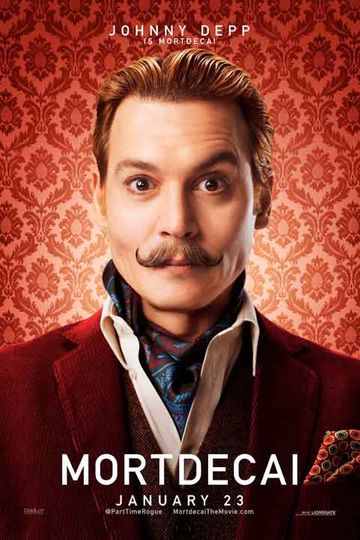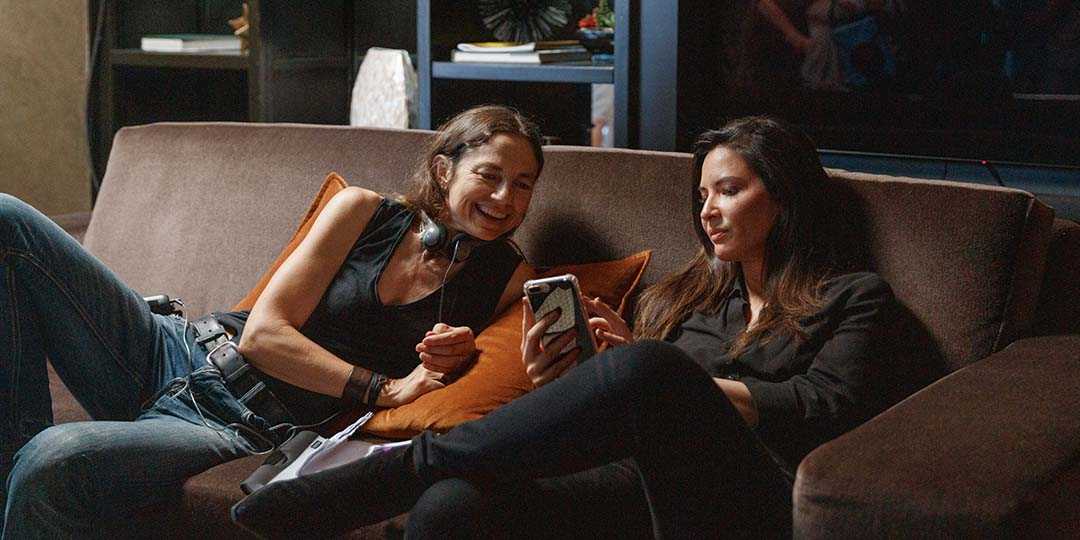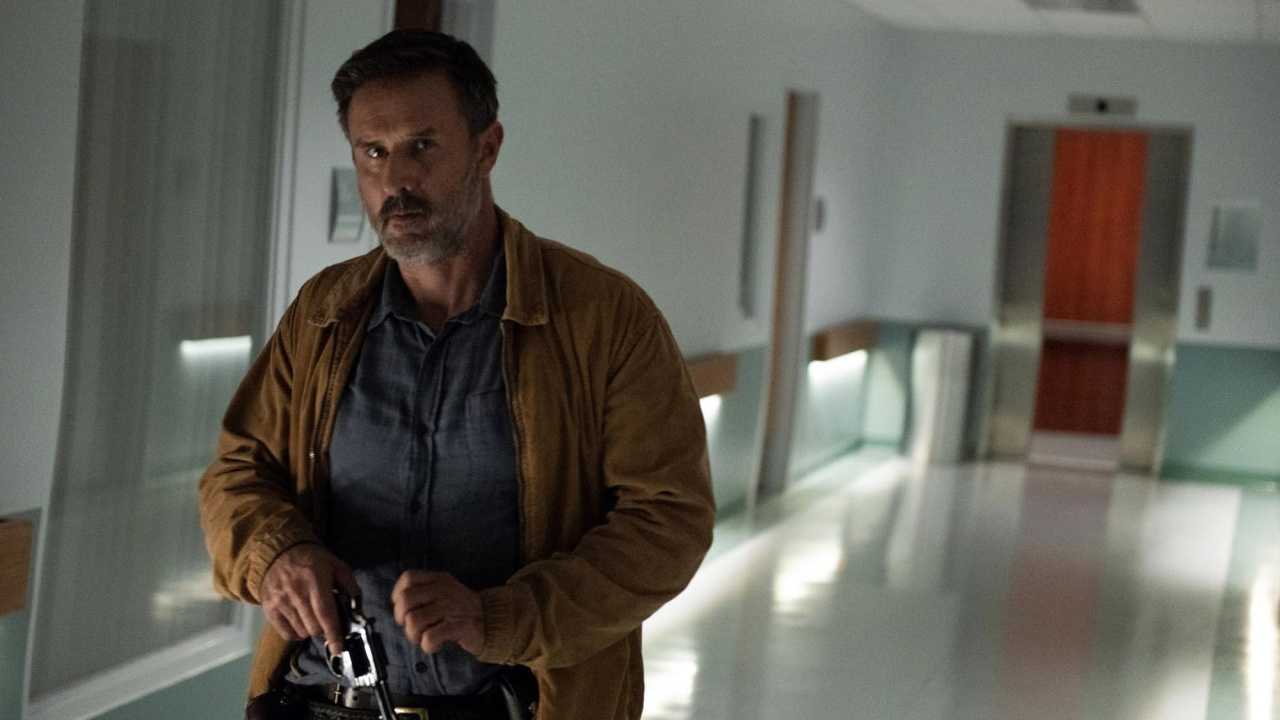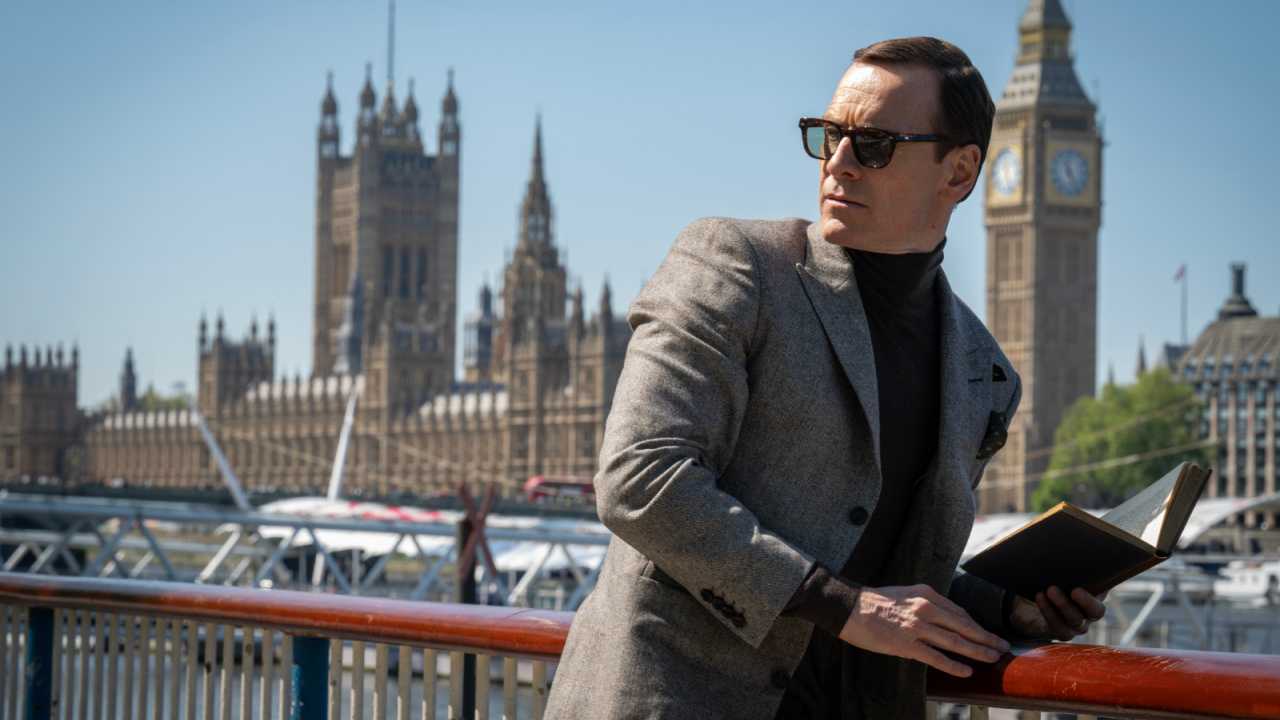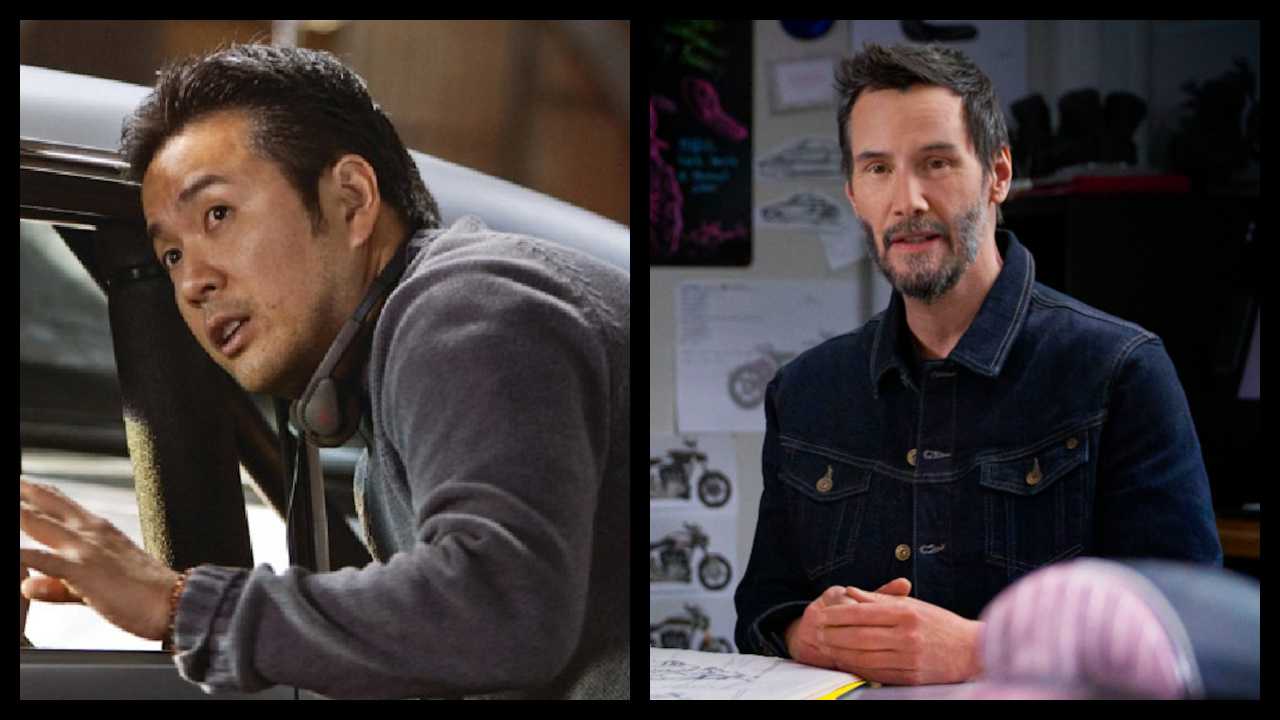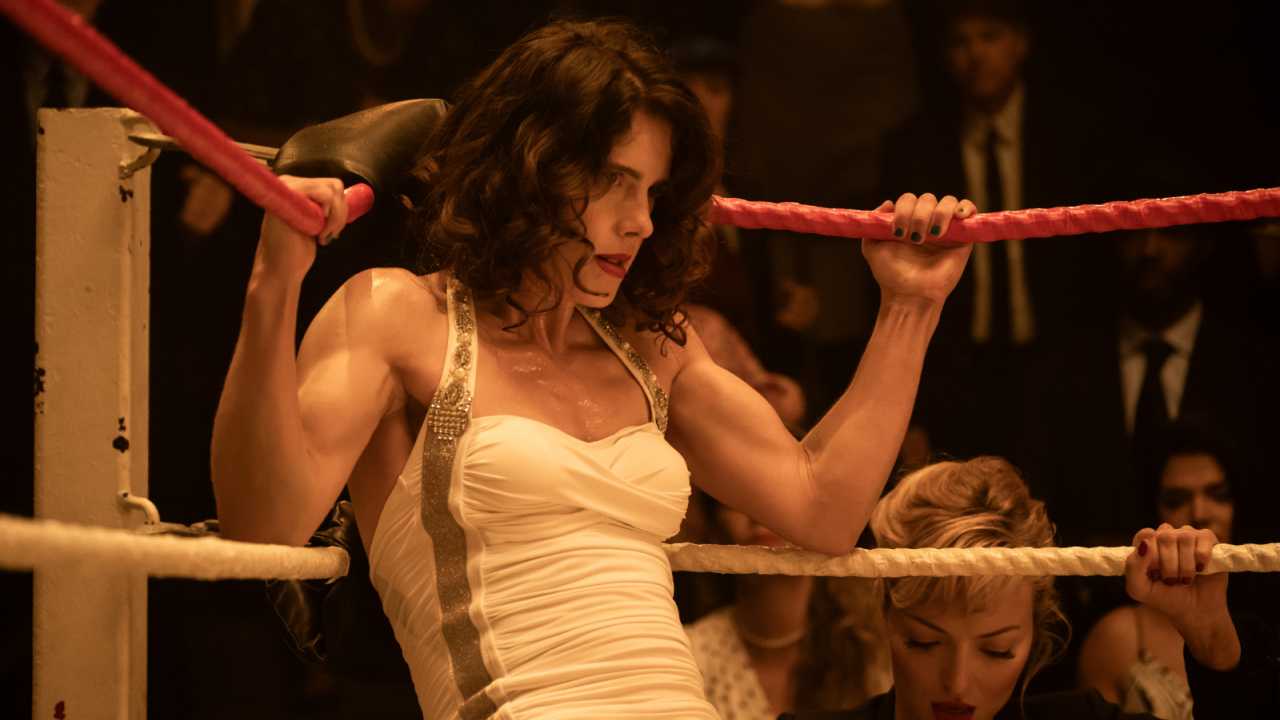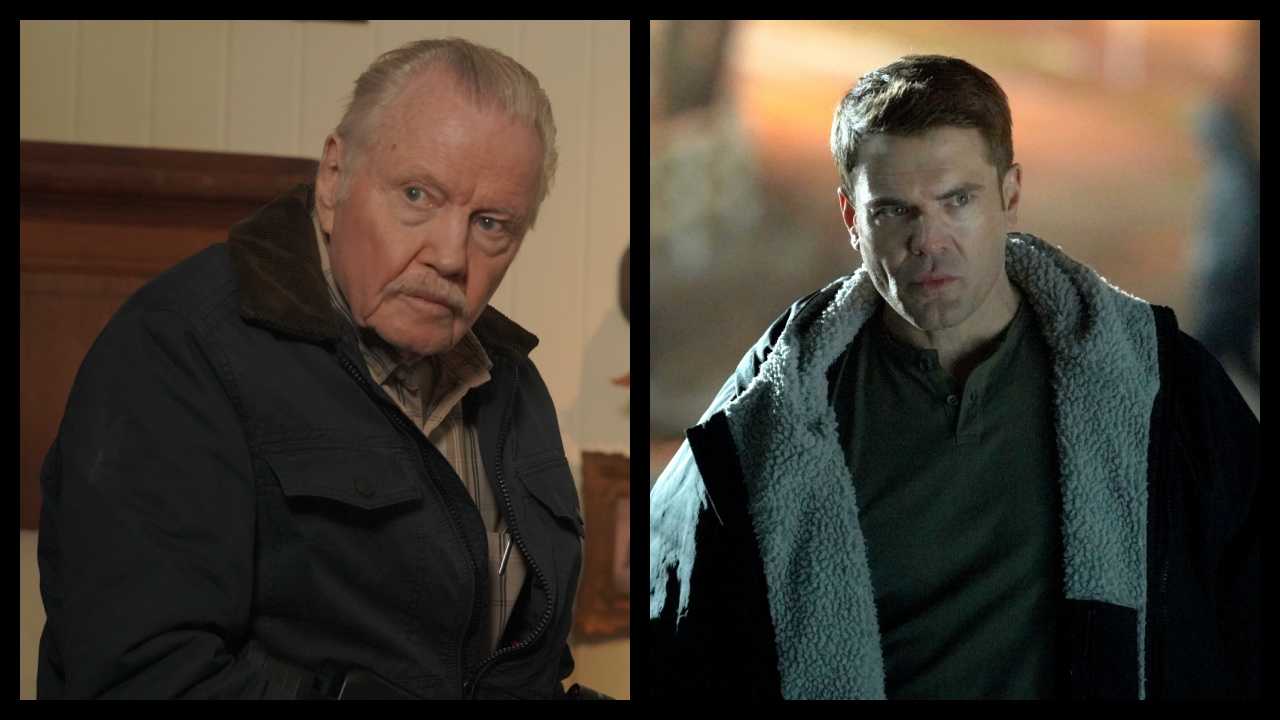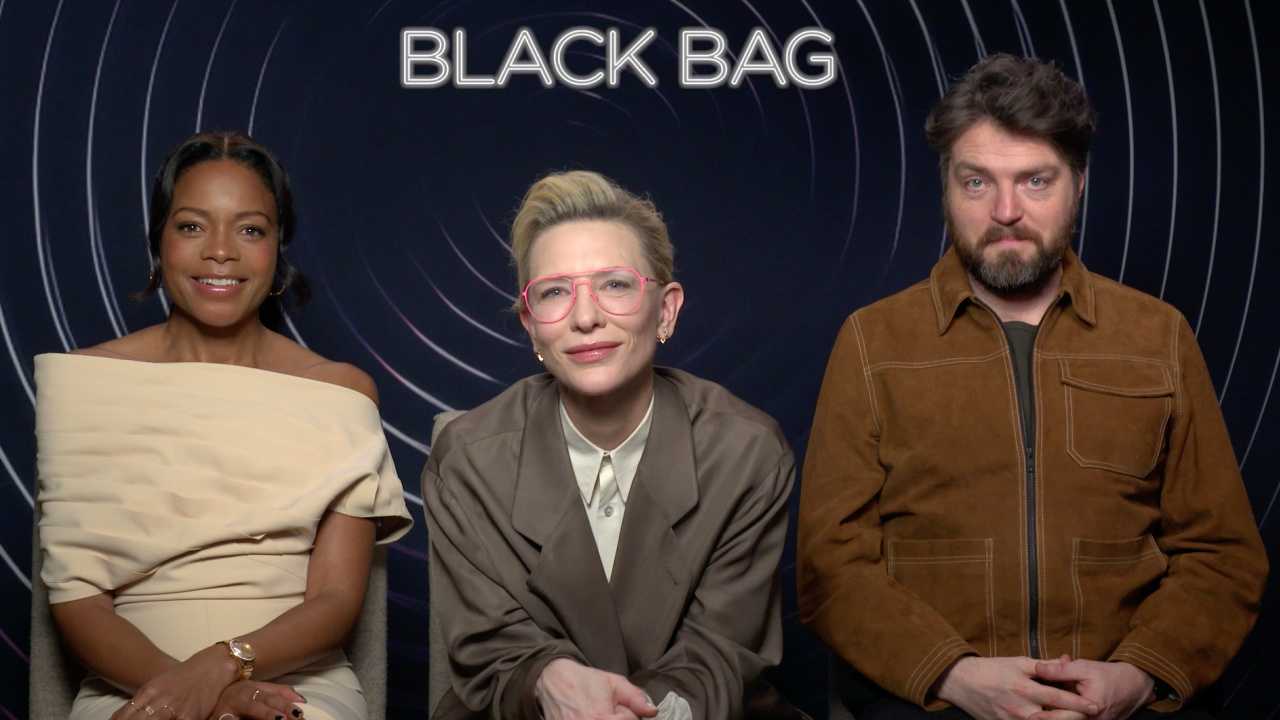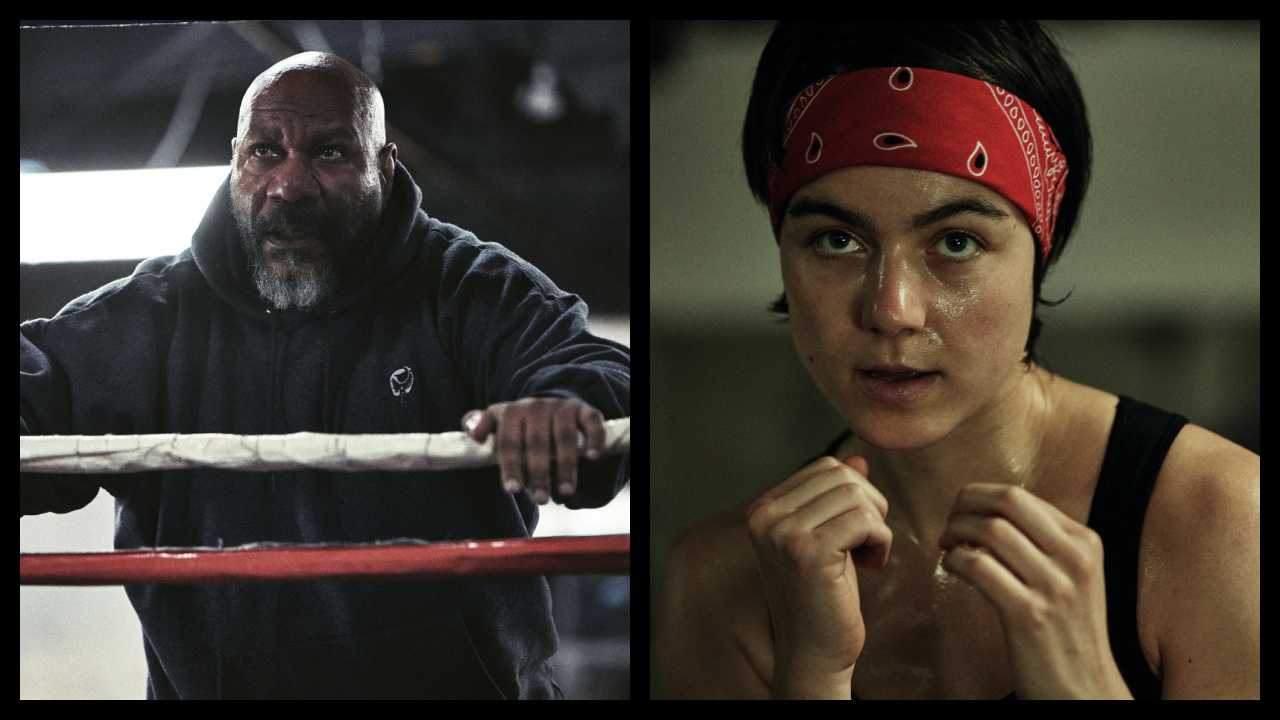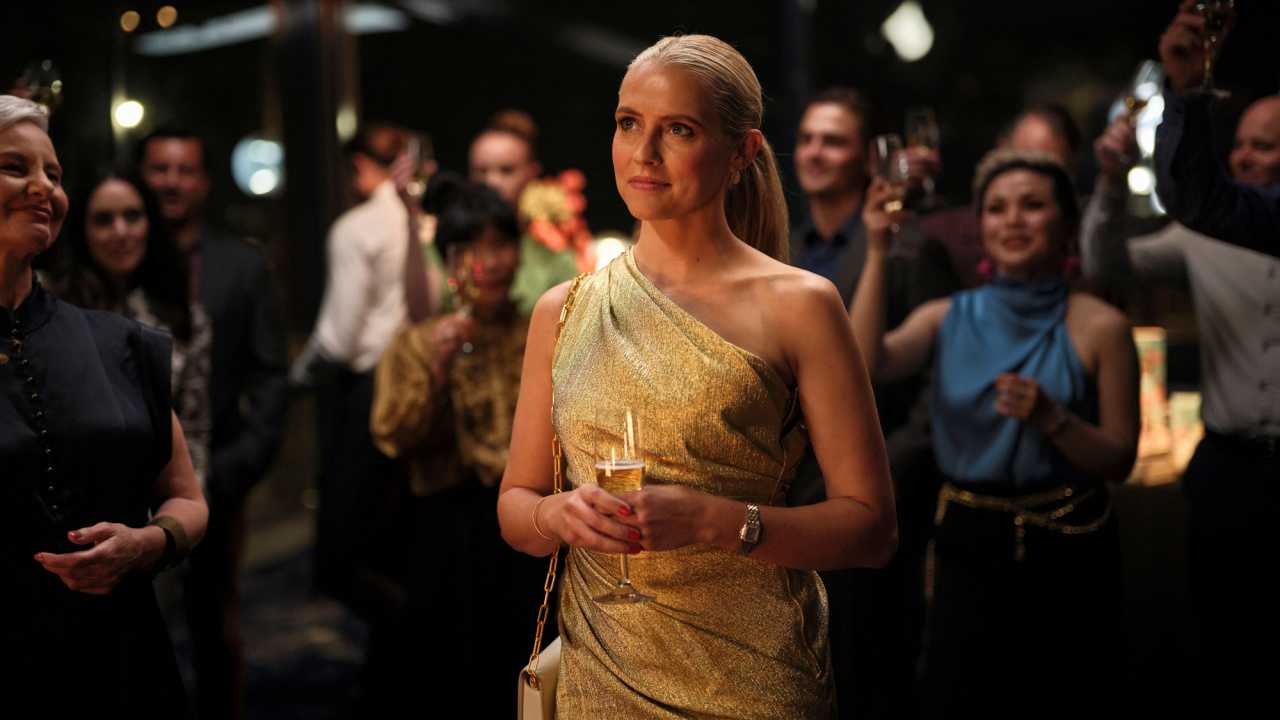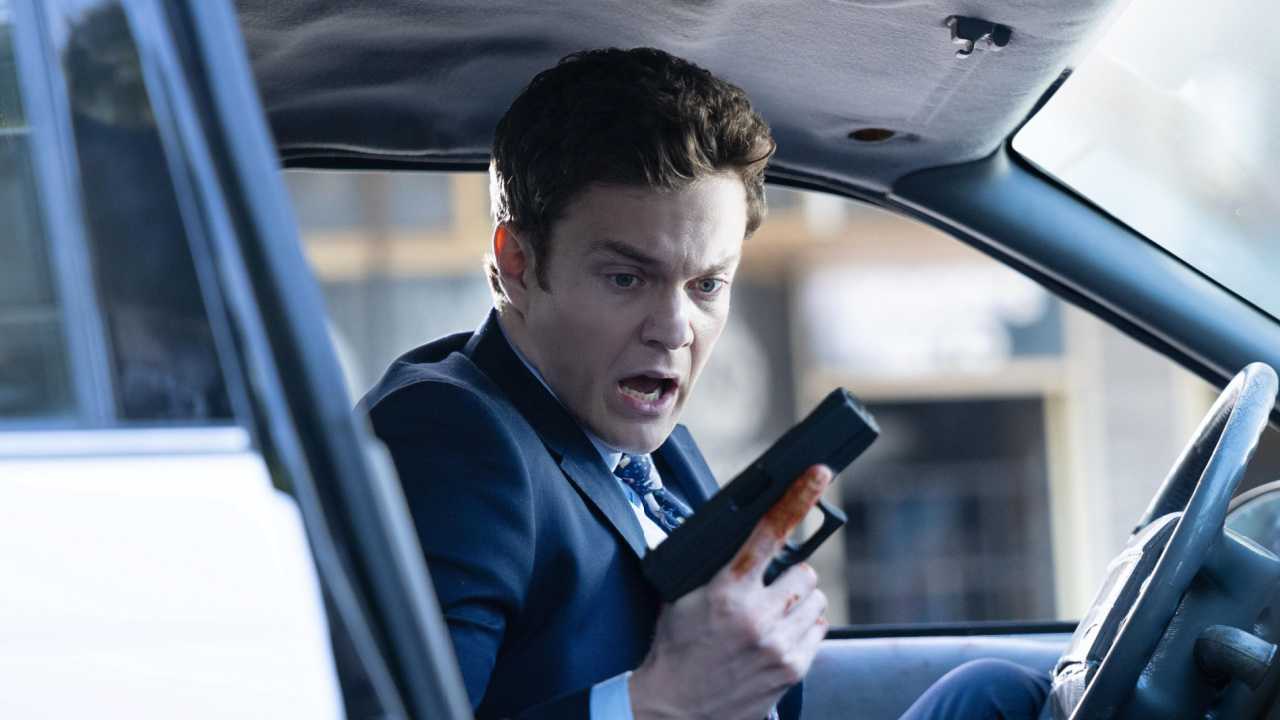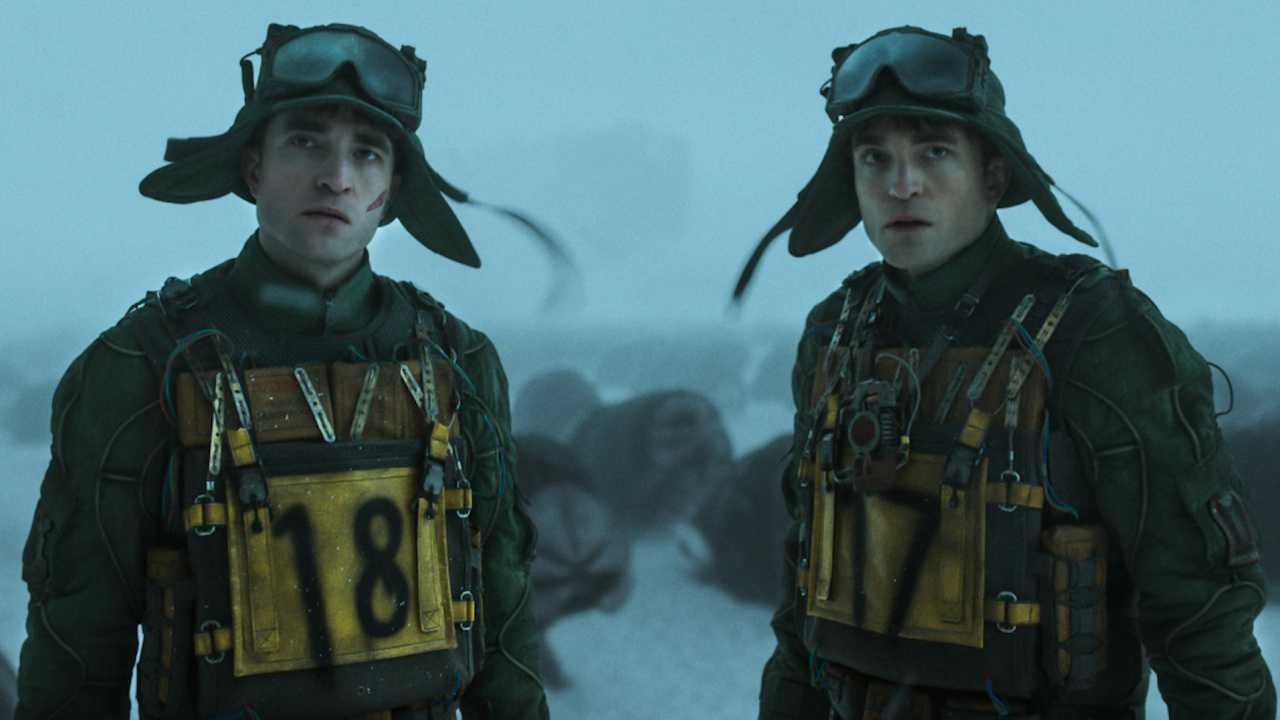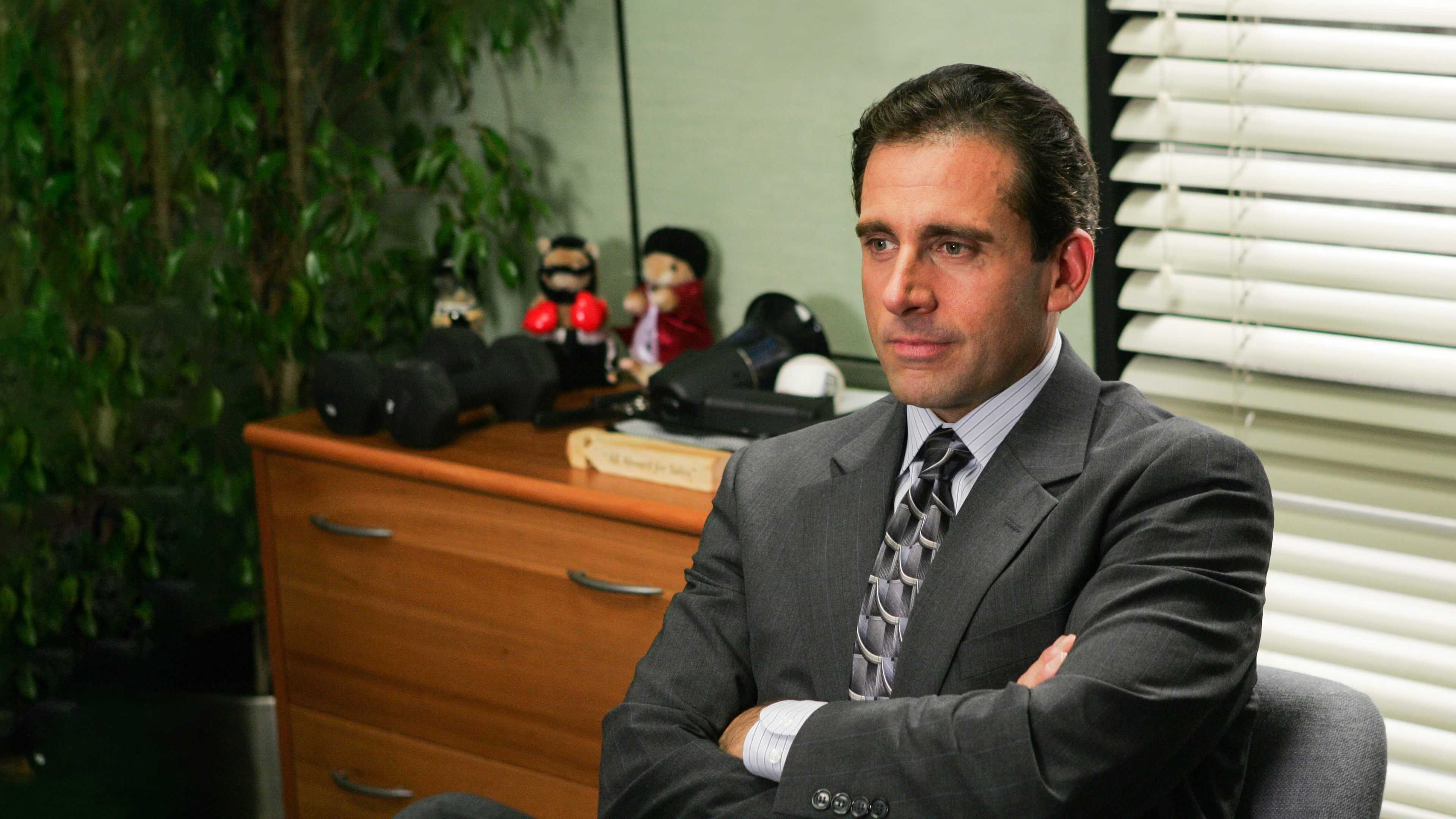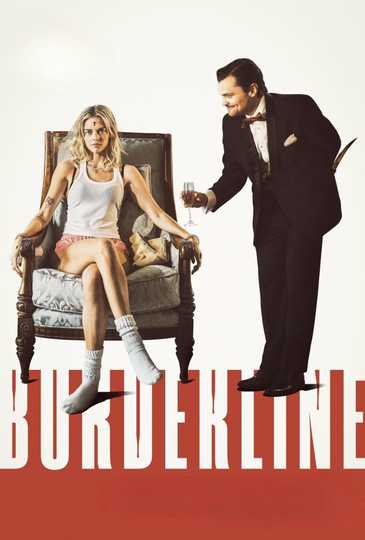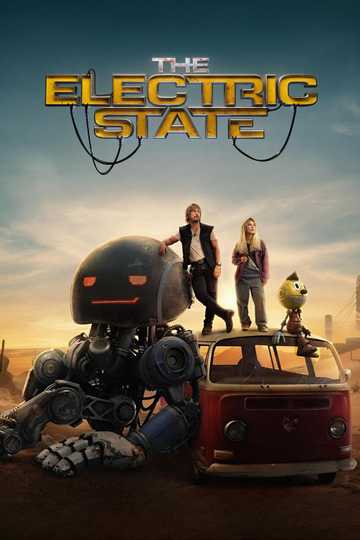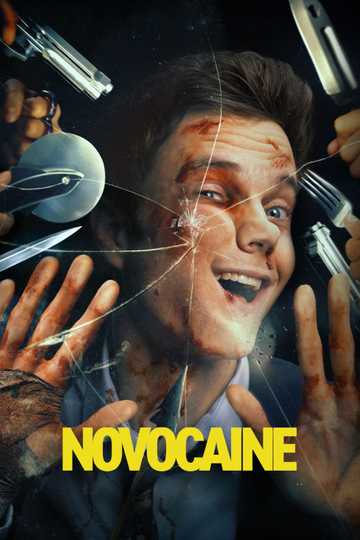'Mortdecai' Review: Johnny Depp Is Very Silly Indeed
The ad campaign for "Mortdecai," the new Johnny Depp comic caper film, is so befuddling, both opaque and overbearing, that a recent Vulture article spent several hundred words trying to decode what, exactly, the movie was and why the powers that be behind said movie were content with selling the project based on large photos of the very handsome cast (also included: Gwyneth Paltrow, Olivia Munn, Ewan McGregor) sporting cartoonish mustaches. This is a shame, because the movie is an undeniably charming, frothy affair, a zippy, inventive, frequently funny international romp that recalls both the "Pink Panther" and "Austin Powers" franchises, while somehow being considerably stranger than either.
Depp plays the title character, a kind of bone-headed aristocratic art dealer who trades in stolen antiquities. At the beginning of the movie, he's trying to screw over some Chinese gangsters, since he's in deep debt with the British government and his sprawling estate is threatened to go under. He's got a brutish man servant/personal goon named Jock Strapp (Paul Bettany), who usually comes to his rescue, which in the case of this opening sequence means that he gets punched in the face a bunch of times and set on fire. (This sequence feels purposefully reminiscent of the beginning of "Indiana Jones and the Temple of Doom," fitting, perhaps, because "Mortdecai's" director David Koepp wrote the last adventure, "Indiana Jones and the Kingdom of the Crystal Skull.")
When Mortdecai returns to his estate, he greets his wife (Paltrow), who is disgusted by his new mustache. Soon enough he's embroiled in an even lengthier, more labyrinthine caper, this time involving a stolen Goya painting that is said to have had, during the course of its life, the code to a secret Nazi treasure scribbled on the back of it. This, of course, means that all sorts of nefarious underworld types are after the painting, and that Mortdecai is under the watchful eye of a British investigator (McGregor, in stuffy straight man role), who also happens to be in love with Mortdecai's wife. Eventually Jeff Goldblum shows up as a scheming America and Munn appears as his sex-crazed daughter.
There's an anarchic craziness to "Mortdecai" that you have to appreciate, even if you don't love it. Depp has been accused of exclusively being interested in dressing up and speaking with the most ridiculous accent imaginable. To a degree, this is a fair assessment, but within these constraints, he's also pushed things to a deliriously bizarre degree. Just look at last year's micro-budgeted horror comedy "Tusk," or indeed his work here, where he sports a roiling oil slick of hair, a Letterman-esque gap in his front teeth, and an accent so effete that you can picture every word that comes out of his mouth accompanied with its own doily. His characters aren't merely arch buffoons, they're their own species. Increasingly, Depp isn't merely performing, he's creating performance art, and in some pretty mainstream movies at that. (Just re-watch "Dark Shadows" or "The Lone Ranger," two brilliant, wholly overlooked studio duds. His performances are fearless and terrific but also, you have to wonder, who signed off on this?)
Maybe the studio thought that "Mortdecai" would be a really-for-real franchise, hence the assumption that unaware audiences would simply go along with a film whose marketing push assumes that all you need is the title and those mustaches. The film was based on a trio of cultish European novels and handful of short stories and Koepp certainly has the franchise pedigree, having written entries in the "Mission: Impossible," "Men in Black," "Spider-Man," and "Jurassic Park" series. But "Mortdecai" marches to the beat of its own drummer, and one that doesn't exactly align with the tastes of modern audiences.
There's a huge debt owed to Blake Edwards and Peter Sellers's "Pink Panther" series, so much so that the word homage doesn't seem strong enough ("photocopy" might be too harsh), with enough winks and nods to the James Bond franchise and other espionage tales that it bears more than a passing resemblance to Mike Myers's "Austin Powers" films. But there's also something more here, something grander and stranger. The film moves at a breakneck pace, propelled in part by a jazzy score co-authored by "Uptown Funk" hit-maker Mark Ronson, unwilling to linger, for even an extra second, on a gag or location that doesn't work. Instead, like the character, "Mortdecai" gets in, messes around, and gets out. And there's a sweetness to the movie's old-fashioned nature. Sure, there might be numerous dick jokes and a running gag that Jock has sex with every woman he encounters, but Mortdecai is deeply in love with his wife and never strays (well, almost never) -- even if she hates his beloved mustache.
And if it's one thing "Mortdecai" has in spades, it's heart. Yes it's funny and energetic and bold but it is mostly very, very sweet and very, very silly. Depp is a rapscallion for sure, but he's one who seeks revenge on the man lusting after his wife by attempting to trick him into eating foul cheese. It's not exactly the toothiest humor, but that's OK. The real world is harsh enough. "Mortdecai" is a gleeful, globe-spanning comic adventure that is daft and diverting. You might not remember it a week later, but while watching it, it's hard to not have a really good time.
Bottomline: Forget the mystifying ad campaign surrounding the film, "Mortdecai" harkens back to films like "The Pink Panther" series (with a dash of "Austin Powers" thrown in). The cast is uniformly terrific (and clearly having the time of their lives) and Depp is an unparalleled goofball. It shouldn't work as well as it does, but nothing in "Mortdecai" is particularly easy.
